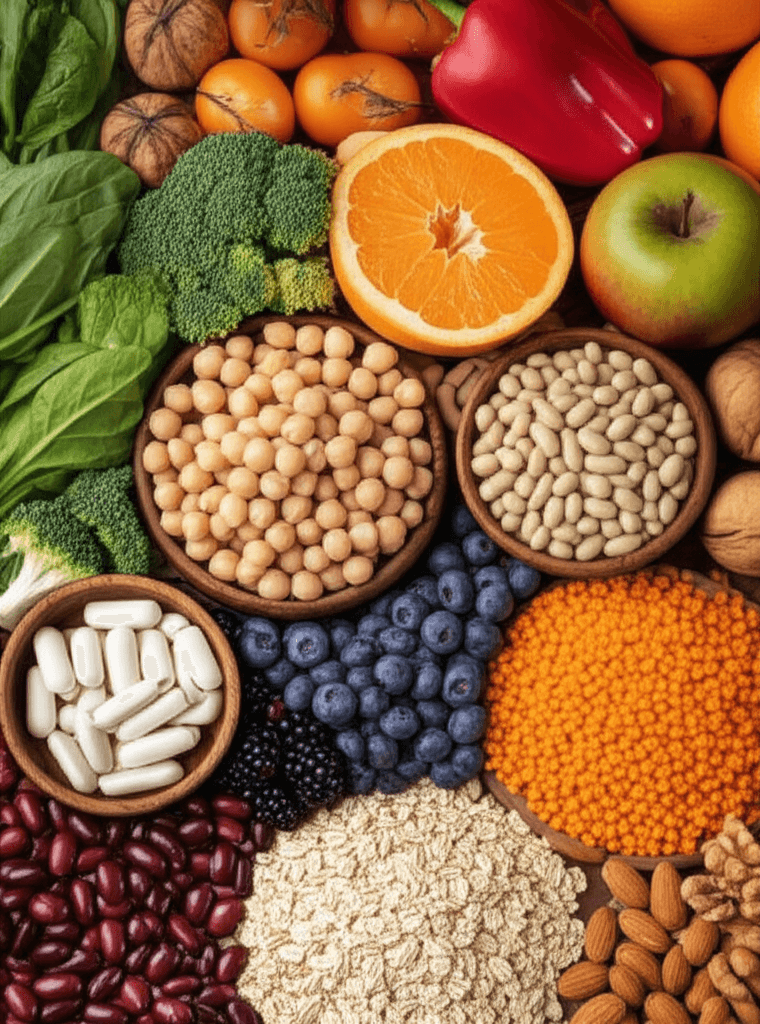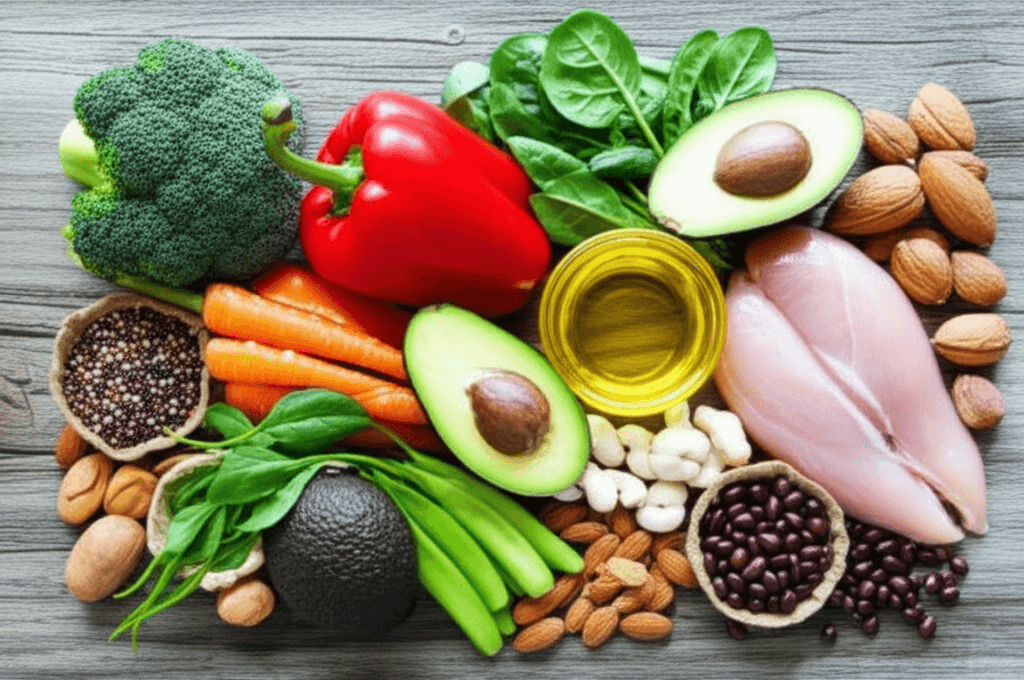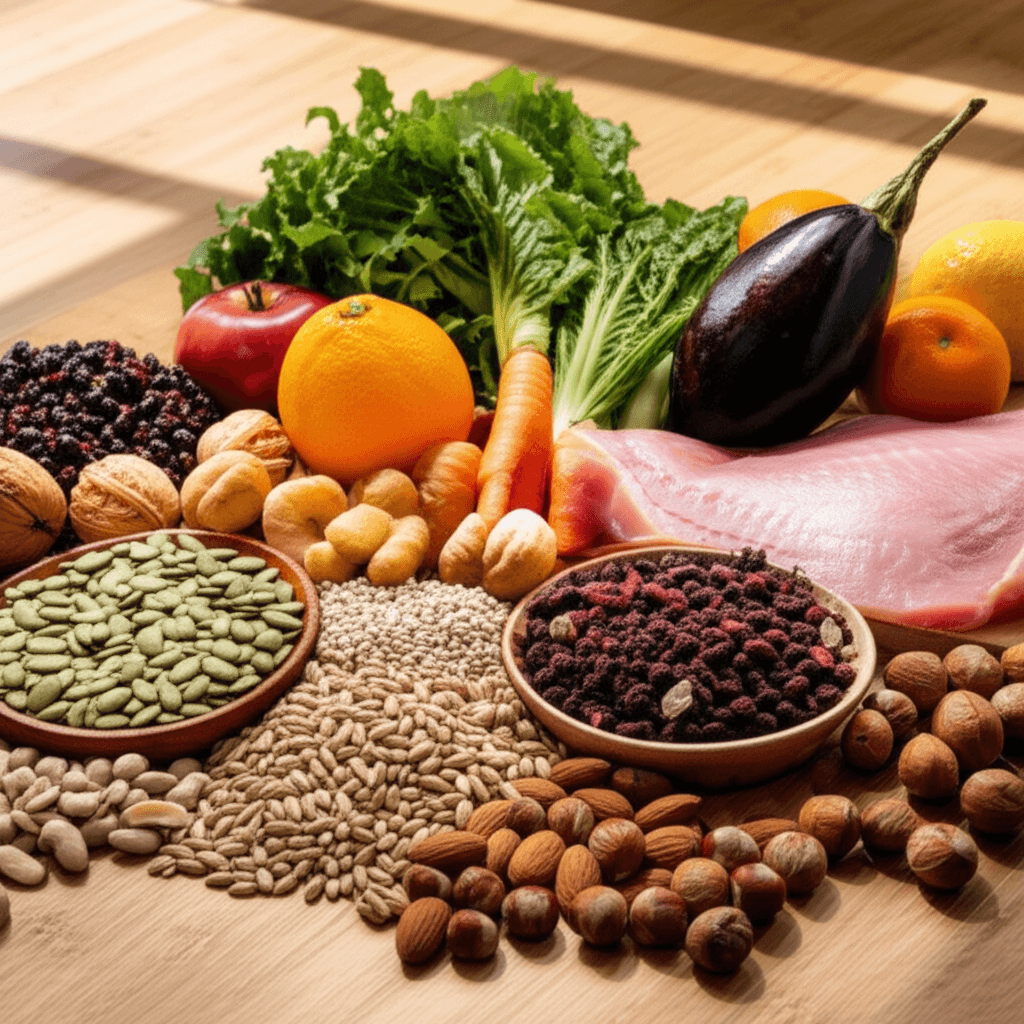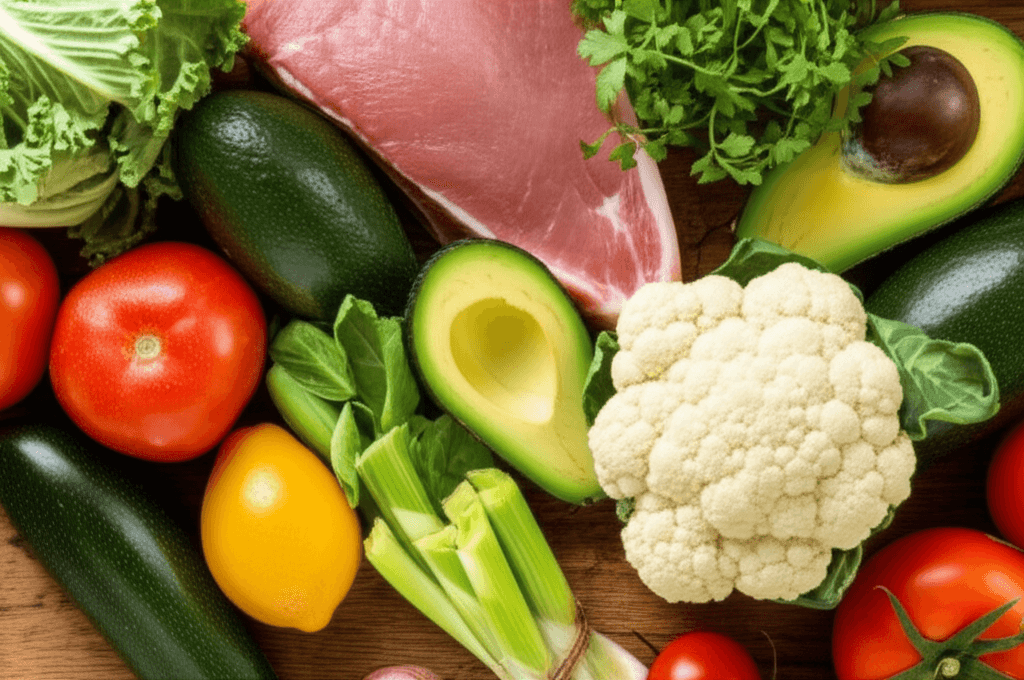In the ever-evolving landscape of weight loss strategies, a recent clinical trial has unveiled a compelling finding: a diet centered on minimally processed foods can lead to nearly twice the fat loss over an eight-week period compared to a diet of ultra-processed options, even when the calorie and nutrient content are matched. This groundbreaking research underscores the profound impact of food processing on body composition and suggests a powerful, yet often overlooked, key to effective and sustainable fat loss.

The Minimally Processed Advantage: A Landmark Study
A new clinical trial led by researchers at University College London (UCL) and UCLH provided a stark comparison between two dietary approaches. The study involved 55 adults, primarily women who were overweight or had obesity, and observed their progress over two eight-week cycles. Participants were given more food than they needed and were instructed to eat according to their usual appetite, with no restrictions placed on how much they could eat. Both meal plans adhered to the UK government’s Eatwell Guide, ensuring nutritional balance in terms of fat, protein, carbohydrates, fiber, and essential nutrients.
The results were remarkable: after eight weeks, participants on the minimally processed food (MPF) diet experienced a 2.06% reduction in body weight, almost double the 1.05% reduction seen in the ultra-processed food (UPF) group. This greater weight loss on the MPF diet specifically came from reduced fat mass and total body water, with no significant change in muscle or fat-free mass, indicating a healthier shift in body composition. The minimally processed diet also led to a greater drop in daily calorie intake, corresponding to an estimated deficit of 290 kilocalories (kcal) per day, compared to 120 kcal per day on the UPF diet.

Understanding Minimally Processed Foods
To fully grasp the power of this dietary approach, it’s essential to define what constitutes minimally processed foods (MPFs) versus ultra-processed foods (UPFs).
What Defines Minimally Processed Foods?
Minimally processed foods are typically whole foods that have undergone little to no alteration from their natural state. They retain most of their inherent nutritional value and are free from artificial additives, excessive sugars, unhealthy fats, and preservatives. Examples include:
- Whole Grains: Oats, brown rice, quinoa, whole-grain bread and pasta.
- Fruits and Vegetables: Fresh, frozen, or dried (without added sugar) fruits and vegetables.
- Lean Proteins: Fresh meats (chicken breast, fish, lean cuts of beef), eggs, legumes (beans, lentils), and nuts.
- Healthy Fats: Avocados, nuts, seeds, and olive oil.
- Dairy: Plain yogurt, cottage cheese, and milk.
Why Less Processing Leads to More Fat Loss
The mechanisms behind the minimally processed diet’s superior fat loss results are multifaceted:
- Increased Satiety: Minimally processed foods are generally higher in fiber and protein, both of which are known to promote fullness and reduce overall calorie intake. The UCL study found that participants on the MPF diet self-reported more significant improvements in their ability to control cravings.
- Lower Caloric Density: UPFs are often designed to be hyper-palatable and are typically more calorically dense, making it easier to overconsume them without feeling satisfied.
- Thermic Effect of Food (TEF): Processing can alter the energy required to digest and absorb food. Whole, minimally processed foods typically require more energy for digestion (a higher TEF) compared to their ultra-processed counterparts, contributing to a slight increase in calorie expenditure.
- Nutrient Absorption and Metabolism: The complex matrix of nutrients in whole foods may be absorbed and metabolized differently than isolated nutrients found in UPFs, potentially leading to more efficient energy utilization and reduced fat storage.

Beyond the Study: Broader Benefits of Whole Foods
The advantages of a minimally processed diet extend far beyond just accelerated fat loss. Consistently choosing whole foods can contribute to a host of health improvements:
- Improved Gut Health: The fiber content in whole foods supports a healthy gut microbiome, which is increasingly linked to metabolic health, immune function, and even mood.
- Reduced Risk of Chronic Diseases: A diet rich in fruits, vegetables, and whole grains is associated with a lower risk of cardiovascular disease, type 2 diabetes, certain cancers, and obesity.
- Enhanced Energy Levels: Stable blood sugar levels from less processed carbohydrates and consistent nutrient intake can lead to more sustained energy throughout the day.
- Better Nutrient Intake: Minimally processed foods are naturally packed with essential vitamins, minerals, and antioxidants crucial for overall health and well-being.

Other Diets for Accelerated Fat Loss
While the minimally processed diet showed remarkable results in the recent study, other dietary approaches have also demonstrated significant effectiveness for fat loss over an eight-week period.
Ketogenic Diet for Fat Burning
The ketogenic (keto) diet, a very low-carb, high-fat eating plan, pushes the body into a metabolic state called ketosis. In ketosis, the body becomes highly efficient at burning fat for energy, turning fat into ketones in the liver, which can also supply energy to the brain. Studies show the ketogenic diet can be effective for weight loss, with some individuals reporting significant losses within an 8-week period. For instance, one study found that older adults on a ketogenic diet for 8 weeks lost nearly five times as much total body fat as those on a low-fat diet.
Intermittent Fasting’s Role in Weight Management
Intermittent fasting (IF) is an eating pattern that cycles between periods of eating and fasting, focusing on when to eat rather than what to eat. Common methods like the 16:8 approach (16 hours fasting, 8 hours eating) have been shown to reduce calorie intake and promote fat burning. A 2020 study reported that IF led to 5–8% body weight loss over 8 weeks, compared to 2–3% with traditional calorie restriction. Another study noted that 16:8 intermittent fasting led to a 4–6% body fat reduction over 8 weeks. Research indicates that intermittent fasting can lead to fat loss while maintaining muscle mass.

Practical Steps to Embrace a Minimally Processed Diet
Transitioning to a diet rich in minimally processed foods doesn’t have to be drastic. Here are actionable steps:
- Prioritize Whole Ingredients: Focus your grocery shopping on the perimeter of the supermarket where fresh produce, lean meats, and dairy are typically found.
- Cook More at Home: Preparing meals from scratch gives you full control over ingredients and minimizes hidden sugars, unhealthy fats, and additives.
- Read Labels Carefully: Become adept at identifying ultra-processed ingredients, such as high-fructose corn syrup, hydrogenated oils, artificial flavors, and excessive sodium. If an ingredient list is long and contains many unpronounceable items, it’s likely ultra-processed.
- Substitute Smartly: Swap sugary cereals for overnight oats with fruit, ready-made lasagna for homemade spaghetti bolognese, and processed snacks for nuts or fresh fruit.
- Increase Fiber and Protein Intake: Naturally found in minimally processed foods, these macronutrients boost satiety and support muscle maintenance during fat loss.

Important Considerations and Professional Guidance
While the evidence for a minimally processed diet is compelling, individual results can vary based on factors such as starting weight, metabolism, and adherence. It’s important to remember that sustainable weight loss is about consistent, healthy habits rather than quick fixes.
Before making significant changes to your diet, especially if you have underlying health conditions or are considering drastic shifts like a ketogenic diet or extended fasting, it is always recommended to consult with a healthcare professional or a registered dietitian. They can provide personalized advice and ensure the chosen approach is safe and appropriate for your individual health needs.







